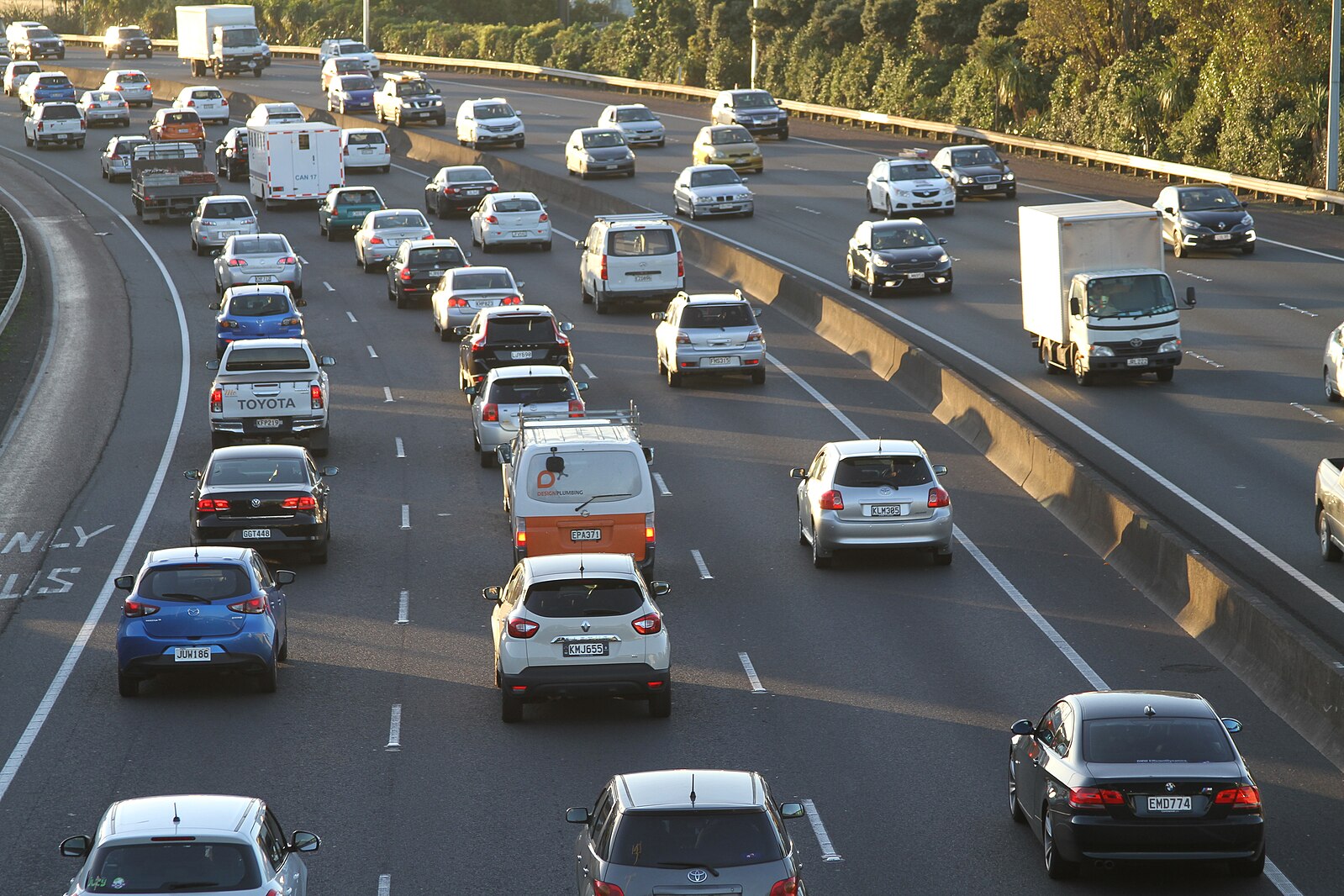Resilience Dialogue: Ensuring movement in crisis - how do we secure transport flows?
Picture: Creative Commons
Transport systems keep society running. They enable food distribution, healthcare, energy supply and military mobility. At the same time, roads, railways, ports, airports and digital systems are vulnerable to cyberattacks, fuel shortages, sabotage and logistical bottlenecks. As Sweden faces a new security reality, the need to strengthen resilience has become urgent.
The Resilience Dialogue, (Beredskapssamtal) hosted by the Center for Security and Resilience, gathers practitioners and innovators from across sectors to discuss what must work first, where responsibilities overlap and how business can contribute.
Please observe that the event is held in Swedish.
Keynote: Transport flows under pressure
Minna Nyman, head of the Transport Preparedness Sector at the Swedish Transport Administration, introduces the session. She works to ensure that essential transport can continue in all societal conditions – from everyday operations to crisis and war.

Minna Nyman.
Panel: From plans to practical action
The panel brings together experts from fuel supply, research and infrastructure:
- David Sällh, Drivkraft Sverige
- Katarina Arbin, researcher at SSE
- Tobias Andersson, CEO of SVEAB
They discuss how Sweden can strengthen its ability to keep transport moving when resources are strained and systems are disrupted.

The panel.
Why these dialogues matter
The Resilience Dialogue is built on NATO’s seven baseline requirements for national resilience, which align with the Swedish Civil Contingencies Agency’s development priorities. Together, they guide discussions on energy, movement of people, food and water access, health, digital systems and transport.
The purpose is simple: create a space where actors can learn, connect and innovate before the next crisis strikes.
After the dialogue, the conversation continues at an informal after-work session.
If you are interested in attending, please register here: https://www.trippus.net/Transportenskafram16/12/25
related events
Research seminar | Leveraging paradoxes of resilient innovation - 4 Mar 2026
On-site at the Stockholm School of Economics. Registration required at 12:00
SITE Energy Talk 2026
Stockholm School of Ecnonomics (SSE) at 09:00
Industry event | Family offices and entrepreneurial investments - 17 Mar 2026
Stockholm School of Economics. Registration required. at 08:00
